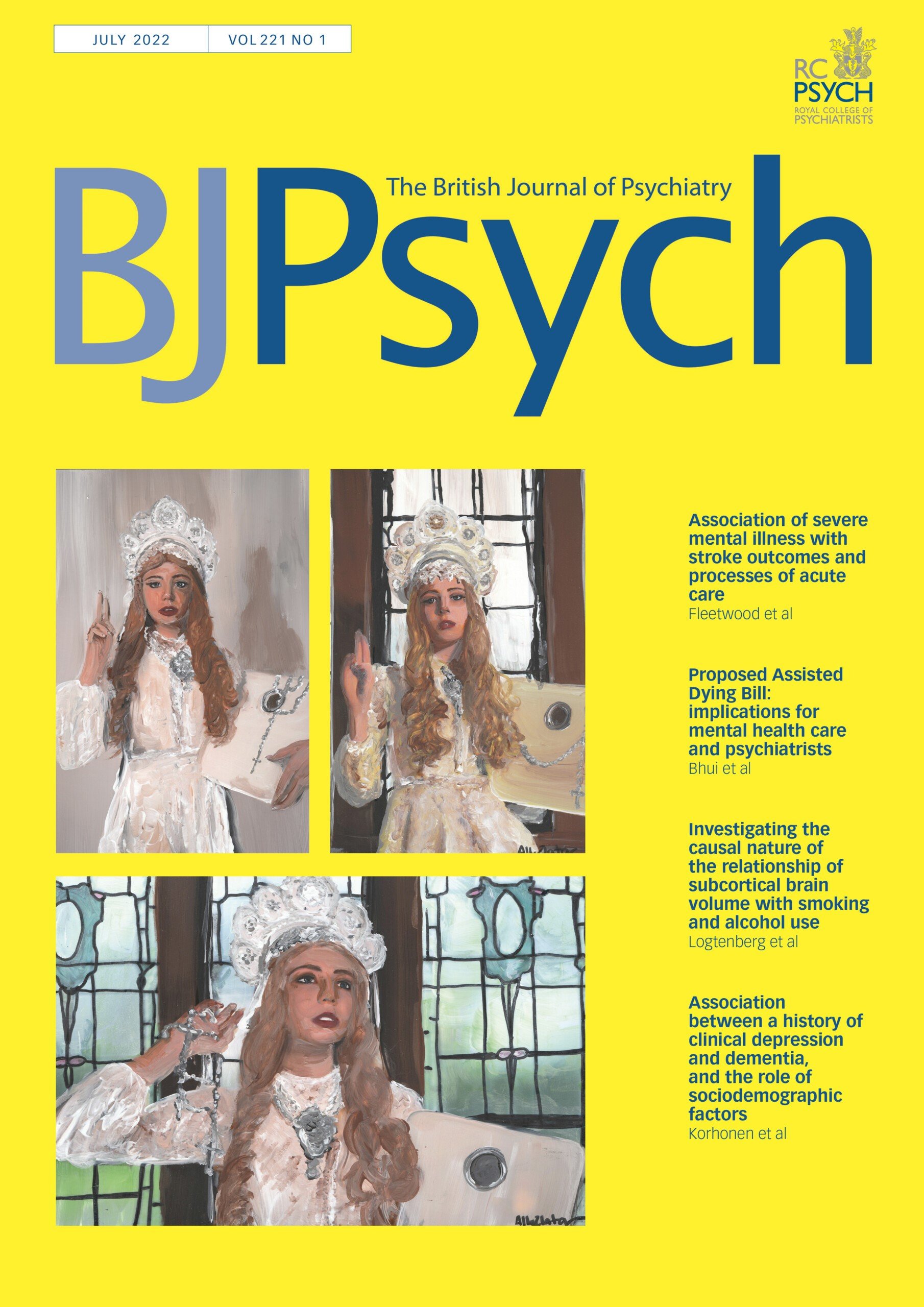July 2022
/Excerpt below from the July 2022 Kaleidoscope column in The British Journal of Psychiatry (BJPsych). You can read the full column for free here
History teaches us caution about ‘dementia breakthroughs’, but a fascinating paper in Molecular Psychiatry offers a development towards an eventual vaccine against Alzheimer's disease. Alzheimer's disease is characterised by deposits of the protein amyloid-beta (Aβ) that creates extracellular amyloid plaques in the brain. The influential cascade hypothesis suggests that this in turn leads to tau phosphorylation, tangle formation and ultimately cell death. There are various forms of the Aβ peptide, with much research exploring how these might differentially affect neurodegeneration. In particular, there is increasing evidence that soluble, non-plaque types of Aβ may offer better therapeutic targets than plaques, given their roles in synaptic plasticity and in inhibiting long-term potentiation. Bakrania et alReference Bakrania, Hall, Bouter, Beindorff, Cowan and Davies1 used TAP01, an antibody known to bind to non-plaque-forming Aβ, to identify a novel and unique conformational change – a pseudo β-hairpin structure in the N-terminal region of Aβ – that appears to be responsible for its binding properties.
From this, they engineered a form of Aβ1-14, ‘TAPAS’, with which they actively immunised two mouse models of Alzheimer's disease. This targeted the early toxic species of Aβ ubiquitous in Alzheimer's disease patients and led to a marked reduction in plaque formation (rather than reacting with the plaques themselves), rescue of brain glucose metabolism, stabilisation of neuron loss and recovery of some memory loss. A subsequent test with a humanised version of the TAP01 antibody produced similar effects. We know what you're thinking – #JustSaysInMice, which takes us back to the opening sentence on caution. Previous research on another putative vaccine had to be halted as it induced meningoencephalitis in a minority; further, although post-mortem examination showed greater plaque clearance, this did not prevent progressive neurodegeneration. Nevertheless, another piece of the pathogenesis of Alzheimer's disease appears to have become a little clearer, and the science has advanced a little further.


